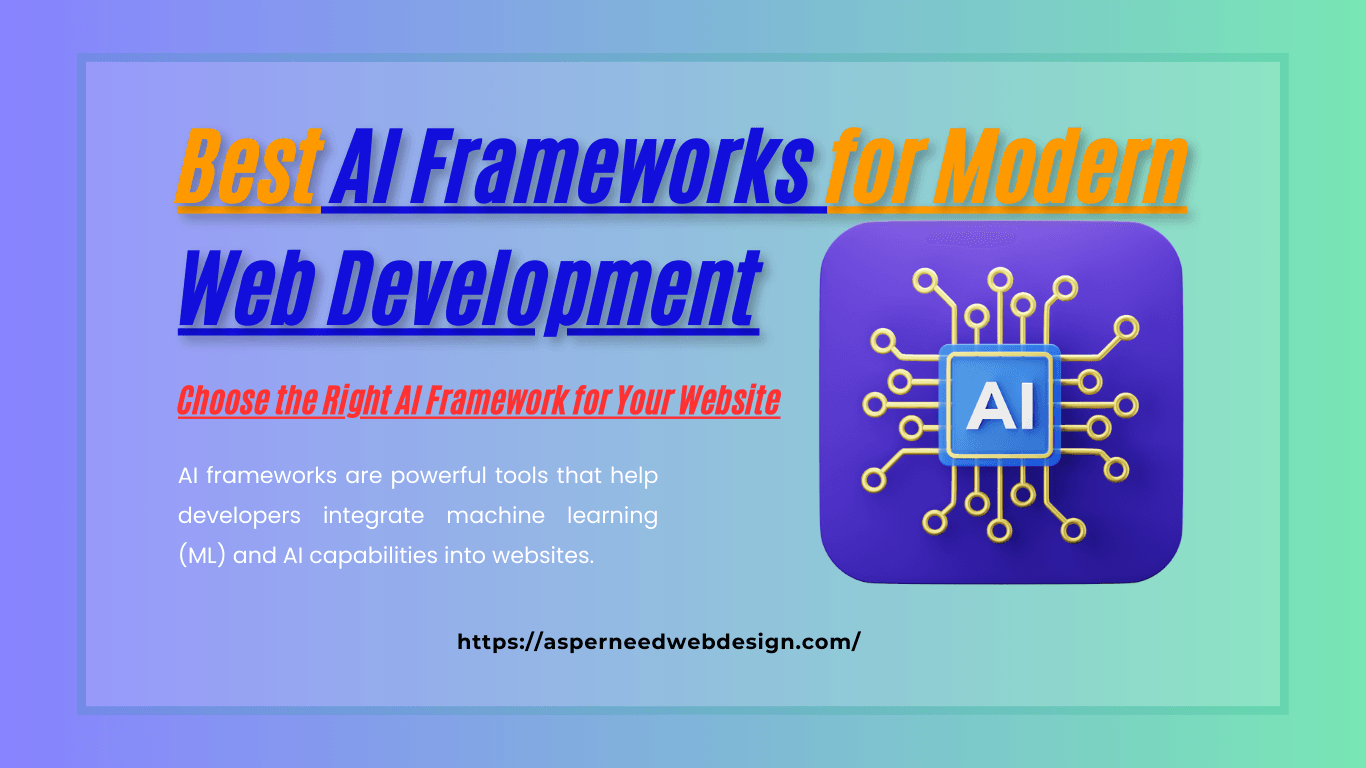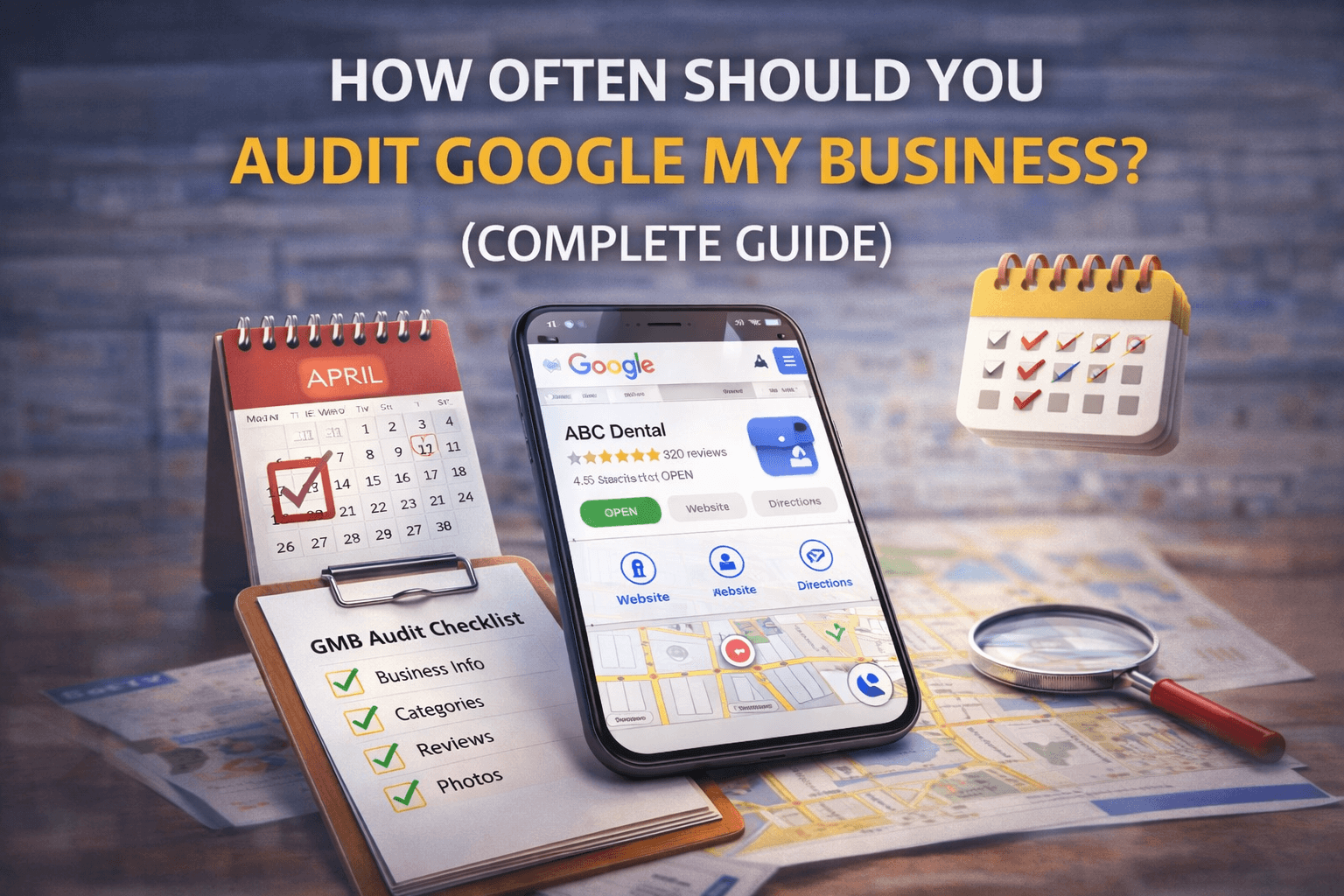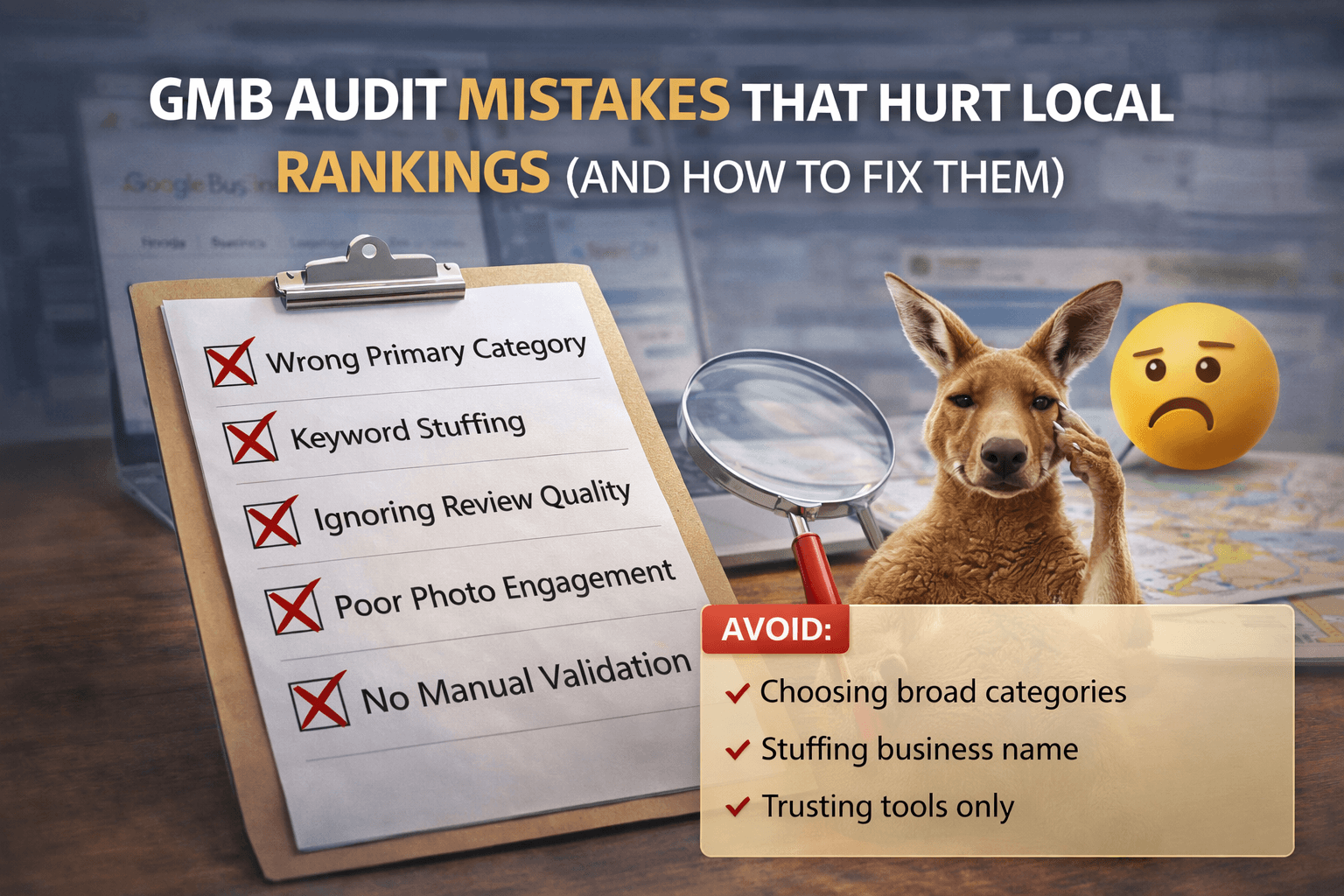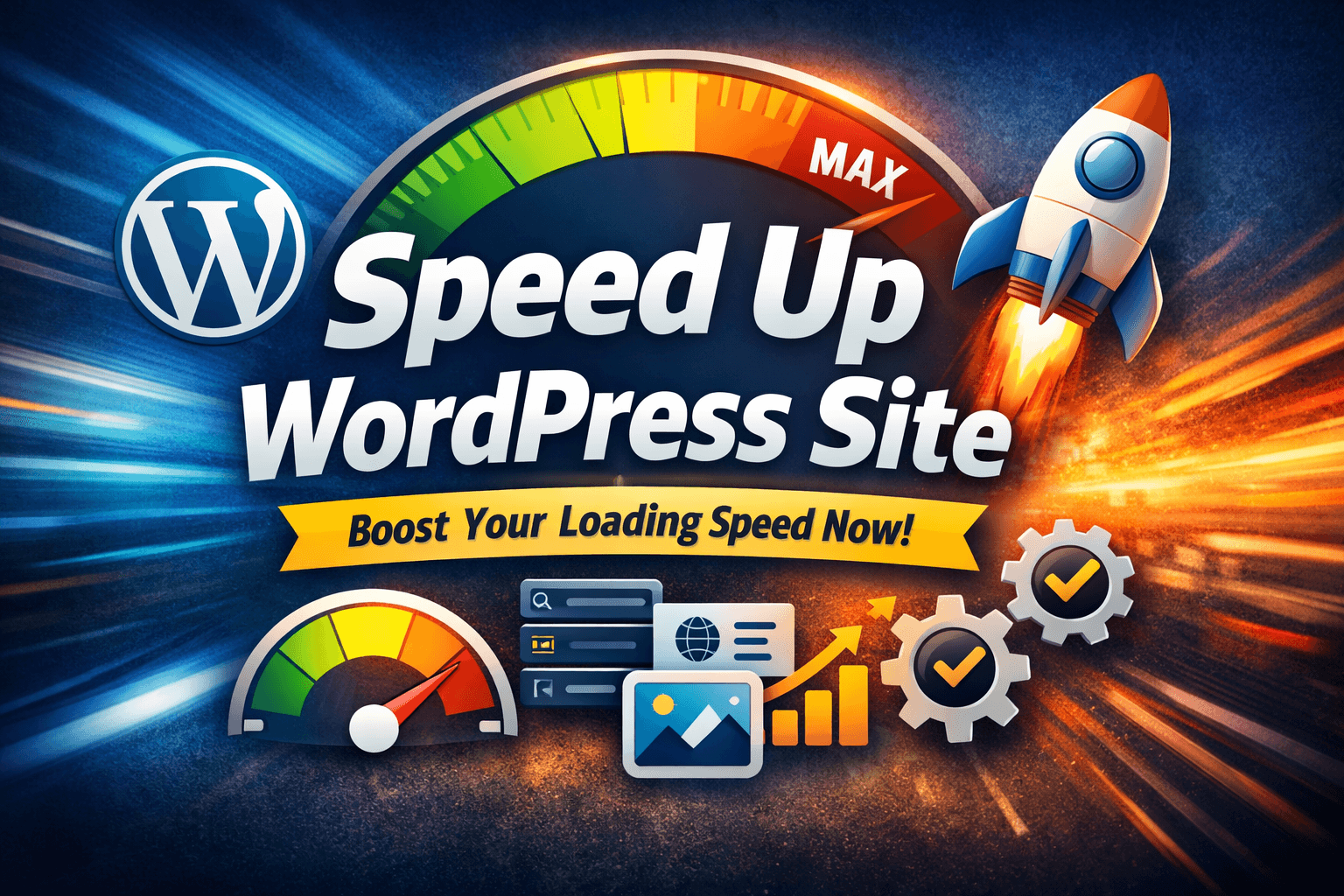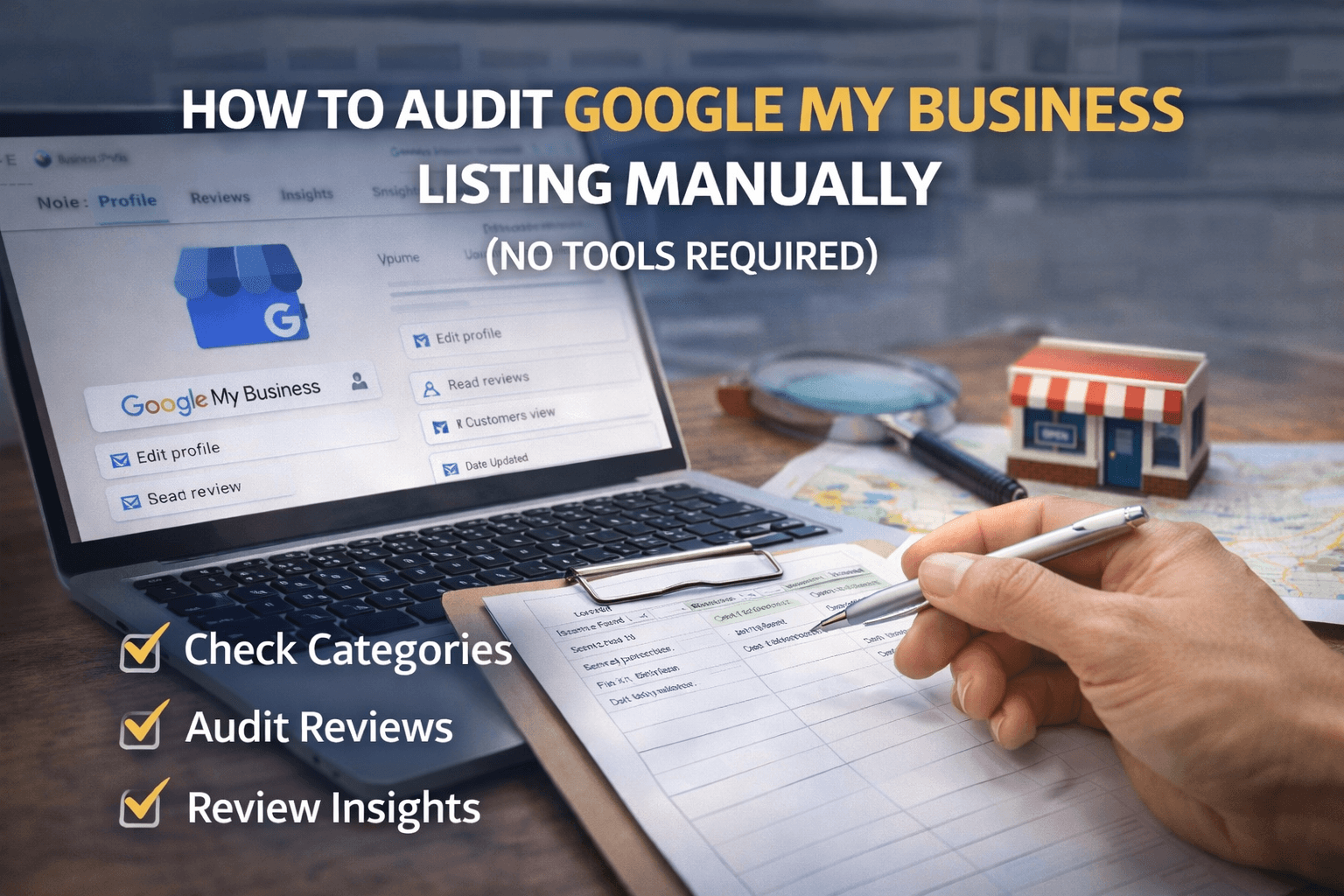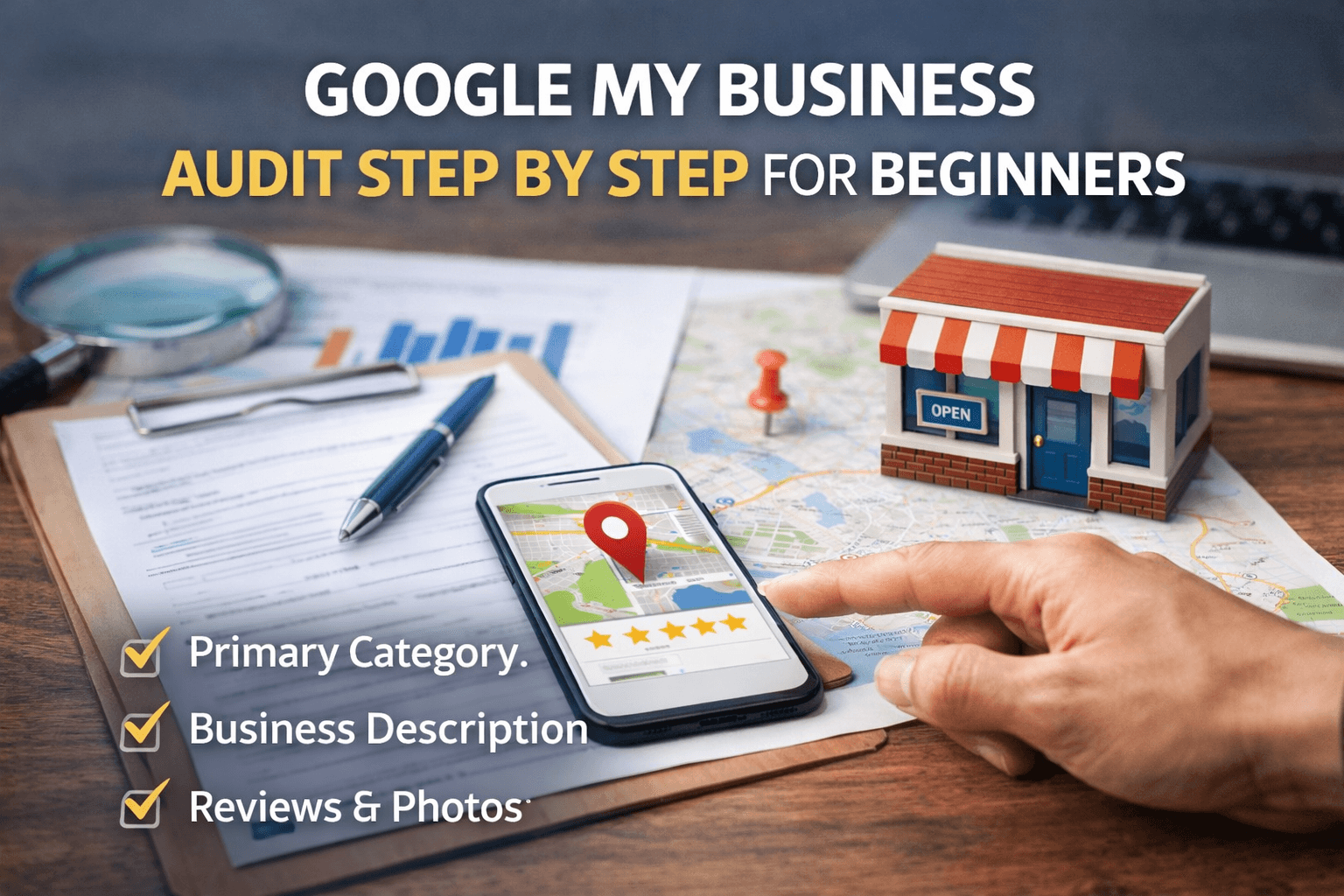The rise of Artificial Intelligence (AI) is revolutionizing web development, making websites smarter, faster, and more efficient. AI frameworks are at the forefront of this transformation, enabling developers to automate tasks, enhance user experiences, and optimize website performance.
AI frameworks have transformed the landscape of modern web development. But with numerous options available, how do you determine which framework is best suited for your project’s needs? In this article, we’ll explore some of the leading AI frameworks that are redefining how developers approach web projects.
Table of Contents
Why Use AI Frameworks for Web Development?
AI frameworks are powerful tools that help developers integrate machine learning (ML) and AI capabilities into websites. These frameworks provide pre-built algorithms, libraries, and tools that simplify AI implementation. Here’s why AI frameworks are crucial for web development:
- Enhanced User Experience: AI-driven chatbots, voice assistants, and personalization improve user engagement.
- Automated Design & Development: AI can generate code, optimize UI/UX, and automate testing.
- Data-Driven Insights: AI tools analyze user behavior, helping businesses make informed decisions.
- Improved Performance: AI enhances website speed, security, and accessibility.
Now, let’s explore the top AI frameworks transforming web development.
1. TensorFlow.js
TensorFlow.js is a popular JavaScript library that allows developers to run machine learning models directly in the browser. It supports real-time AI applications like image recognition, sentiment analysis, and chatbot functionalities.
Key Features:
- Runs in the browser without the need for a backend.
- Supports training and deploying ML models in JavaScript.
- Enables AI-powered features like object detection and natural language processing (NLP).
2. PyTorch
Although primarily a Python-based framework, PyTorch has gained traction in web development for AI-powered applications. With TorchScript, PyTorch models can be deployed on web platforms efficiently.
Key Features:
- Flexible and easy to use for deep learning tasks.
- Supports computer vision and NLP applications.
- Compatible with cloud platforms for scalable web AI solutions.
3. OpenAI GPT (Generative Pre-trained Transformer)
OpenAI’s GPT models power AI-driven chatbots, content generators, and recommendation systems in modern web applications.
Key Features:
- Supports natural language understanding and text generation.
- Enhances customer support with AI-driven chatbots.
- Automates content creation for blogs, product descriptions, and more.
4. IBM Watson
IBM Watson is a leading AI framework offering various AI-powered services, including NLP, speech recognition, and AI-based analytics for web development.
Key Features:
- Offers AI-powered chatbots and customer service automation.
- Provides sentiment analysis and personalized user experiences.
- Integrates seamlessly with cloud platforms.
5. Google Cloud AI
Google Cloud AI provides a suite of AI tools that help developers build intelligent web applications.
Key Features:
- Offers pre-trained AI models for easy implementation.
- Supports vision, speech, and text-based AI functionalities.
- Scales AI applications with Google’s robust infrastructure.
6. Microsoft Azure AI
Microsoft Azure AI provides cloud-based AI services that integrate easily into web applications.
Key Features:
- AI-powered speech and text recognition for seamless user interactions.
- Advanced machine learning tools for predictive analytics.
- Scalable cloud AI solutions for businesses.
7. Hugging Face Transformers
Hugging Face is a popular open-source library specializing in NLP and deep learning models.
Key Features:
- Provides pre-trained NLP models for chatbots and content generation.
- Simplifies AI model deployment with user-friendly APIs.
- Integrates seamlessly with existing web development frameworks.
How to Choose the Right AI Framework for Your Website?
Choosing the right AI framework depends on your project requirements. Here are some factors to consider:
- Project Scope: Determine if you need AI for chatbots, analytics, automation, or personalization.
- Ease of Use: Select a framework that aligns with your development skills and programming language preferences.
- Scalability: Ensure the AI framework supports cloud-based deployment for future scalability.
- Integration: Choose frameworks that integrate well with your existing web tech stack.
Conclusion
AI frameworks are reshaping modern web development, making websites more intelligent, interactive, and efficient. Whether you’re building an AI-powered chatbot, automating web design, or personalizing user experiences, these AI frameworks offer the tools you need to succeed. By integrating AI into your web development strategy, you can stay ahead in the digital landscape and provide users with a smarter, more dynamic experience.
Are you ready to leverage AI for your web development projects? Explore these frameworks and take your website to the next level!

